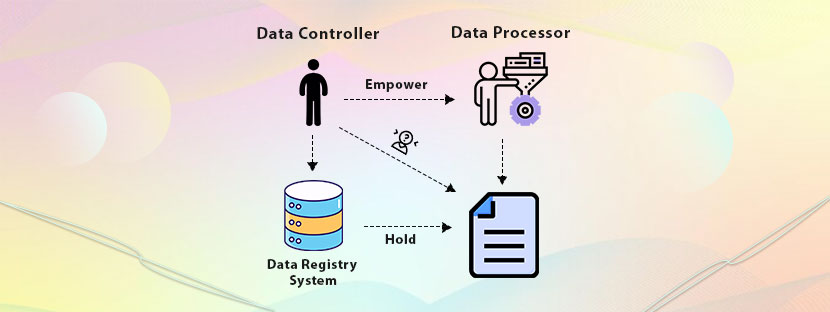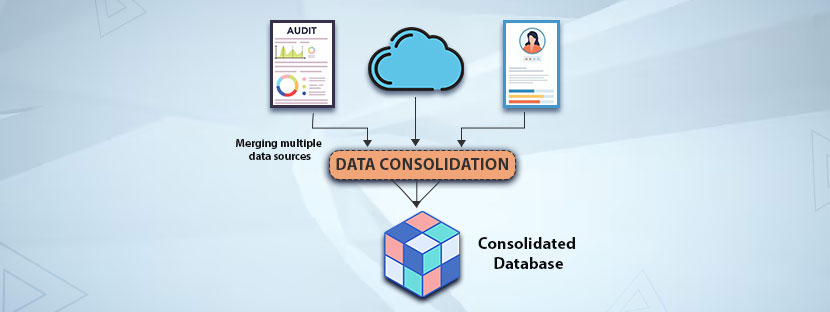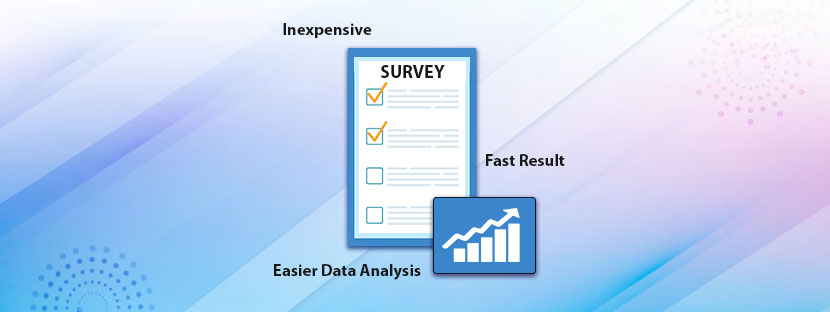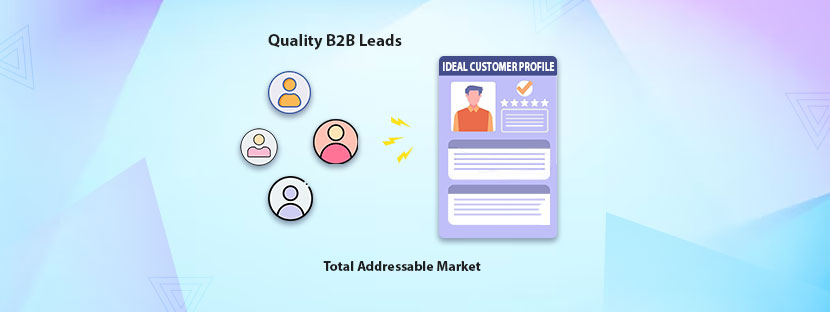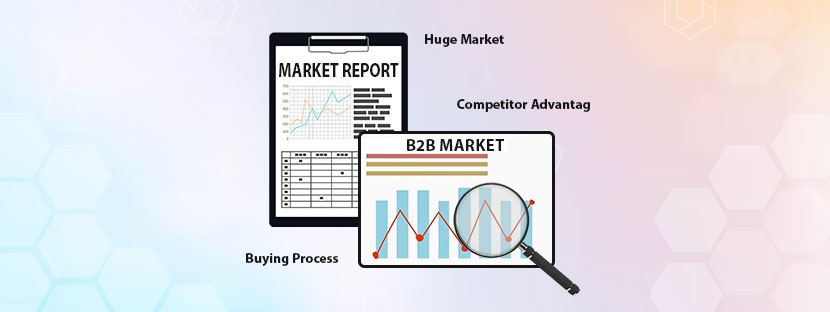Companies working with data have to make sure they are GDPR compliant, as per the General Data Protection Regulation (GDPR) guidelines.
If your company falls under this, you often hear about GDPR data controller vs. data processor. Under GDPR, each company must consider having two entities, namely “data controller” and “data processor,” to comply with the law. They help organizations rationalize the use of personal data.
But if you are confused about GDPR data controller vs. data processor, then you’ve landed in the right place. Let this blog help you understand the basic differences between these two designations in detail.
GDPR processor vs controller – What’s the Difference?
To understand their workings, you need to understand the basic nuances that exist in their job first. As you can guess from the name, a data controller basically controls the use of data; whereas, a processor performs data processes under the direction of the controller.
Let’s define their roles and responsibilities more;
What Data Controllers do
Under GDPR, a data controller is responsible for protecting the privacy of website users. In general, a data controller governs an organization’s data usage purposes and procedures.
Further, a controller must have its own process to collect and use the user data. However, they are free to take help from third-party companies or collect data to meet the data requirements. In such cases, the data controller takes complete control over the data without any compromise.
What data processors do
Data processors work under the direction of data controllers. They can be any company, any professional, or anyone. They act whatever the data controller asks them to do so. They can be third-party companies too that provide data processing services. The ultimate power remains in the hands of the data controller. That’s the basic indifference between data controller vs processor in this context.
One more thing to note: Data processors are bound to follow the instructions given by the data controller. That defines the ultimate power of data controllers under the GDPR.
Understand Data Processor vs Data Controller through a Case
Suppose a company that sells shows through its website comes under the GDPR guidelines. The company comes under GDPR because it sign up their website visitors and uses their visitor data to promote its products. In this scenario, the company itself will become the data controller as it has collected all signup data.
However, to process their collected data in organized manner, the company decided to outsource a professional company. In this case, the company will process the data with the guidance of the company. So, the third-party company will act here as a data processor. The outsourcing service-providing company will not reserve any rights over the data.
Responsibilities GDPR Data Controller vs Data Processor

Data Controller
As a direct collector of users’ personal information, a data controller manages a many responsibilities, such as;
- Owning the authority to collect personal information of the users.
- They know how to store that data and where to use it.
- Decide whether to keep the data in-house or outsource for processing.
- Manage the stored data and frame time for disposal.
Data Processor
Broadly speaking, data processors perform the actual responsibilities of handling all tasks. They understand the importance of data privacy in details. But they follow the instructions of the data controllers, obviously. The tasks they follow include;
- Design a system that enables data controllers to gather users’ personal data.
- Process all information without owning it as per the guidance of the data controller
- Store personal information with complete security.
- Transfer, manage, and channel data on behalf of the data controller.
Relationship btw Data Controller and Data Processor
When you analyze both roles closely, you will find that they are complementary to each other. However, distincting their roles and responsibilities is necessary here. Suppose, a data breach incident happens in the organization so they can figure out how to fix that as they know what roles they need to play here.
Many companies nowadays outsource their data processes for better results. So understanding the difference between the data controller vs data processor gdpr is crucial. When you know them you will know what process to keep in-house and what to outsource. Moreover, it also helps you as a guide when you outsource your needs.
Way Forward
Understanding the basics of gdpr data controller vs data processor is necessary when you outsource your data needs. The GDPR has mentioned what you can keep under your control and what you can outsource. Outsourcing nowadays helps organizations save their money and that’s why GDPR rolled out new laws to promote it. Explore outsourcing more, delegate your data processing tasks, and experience the best.

